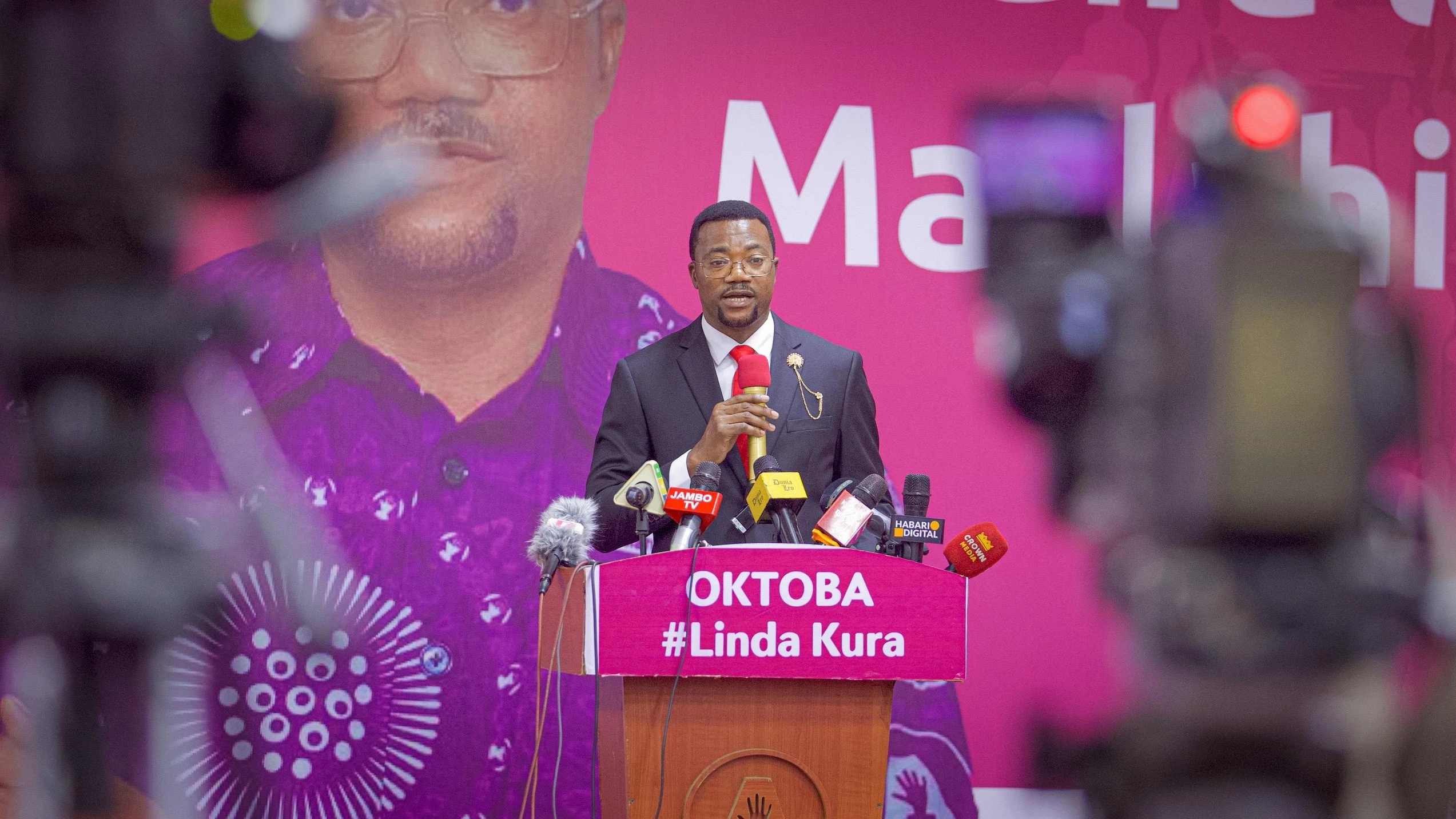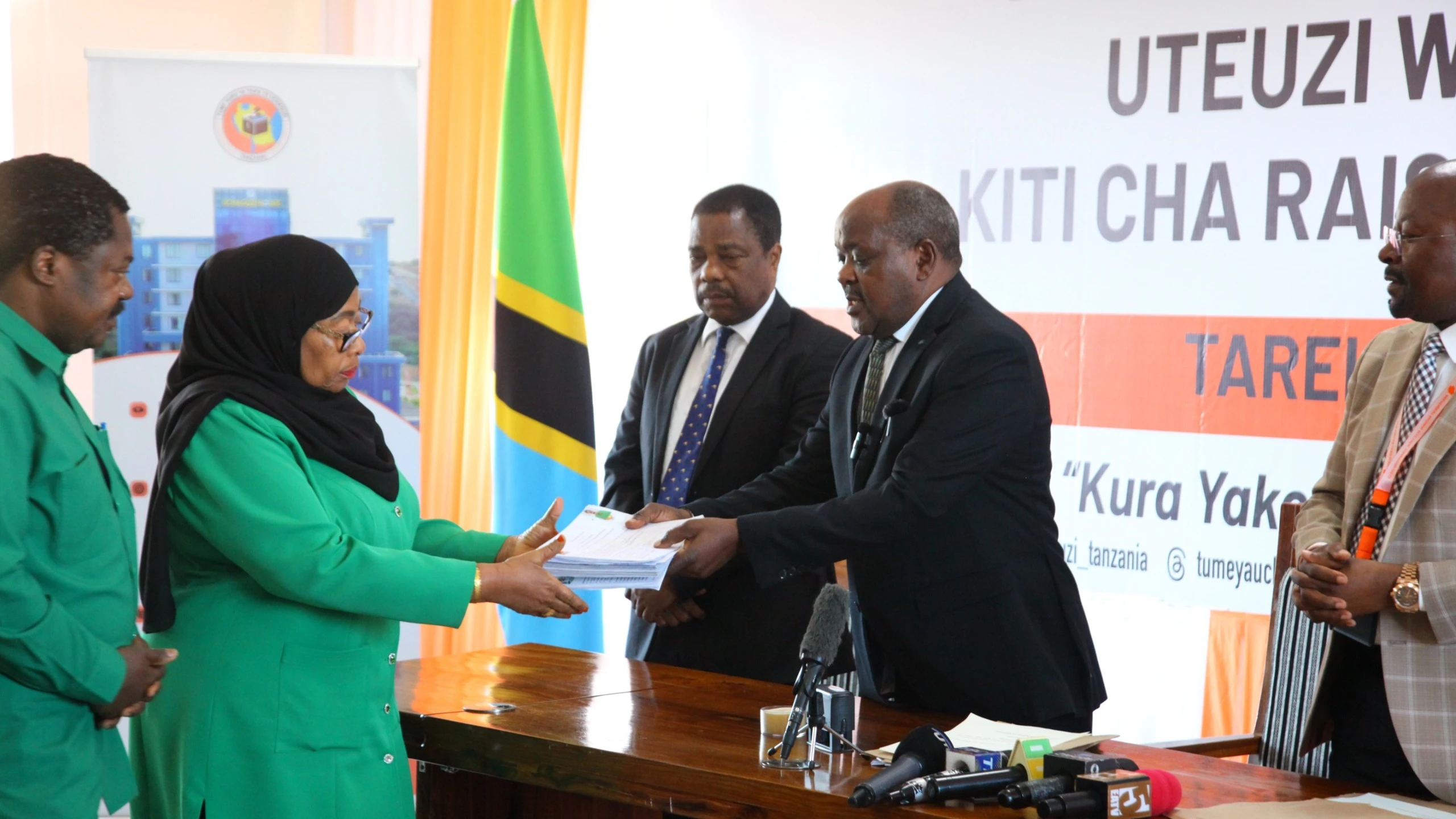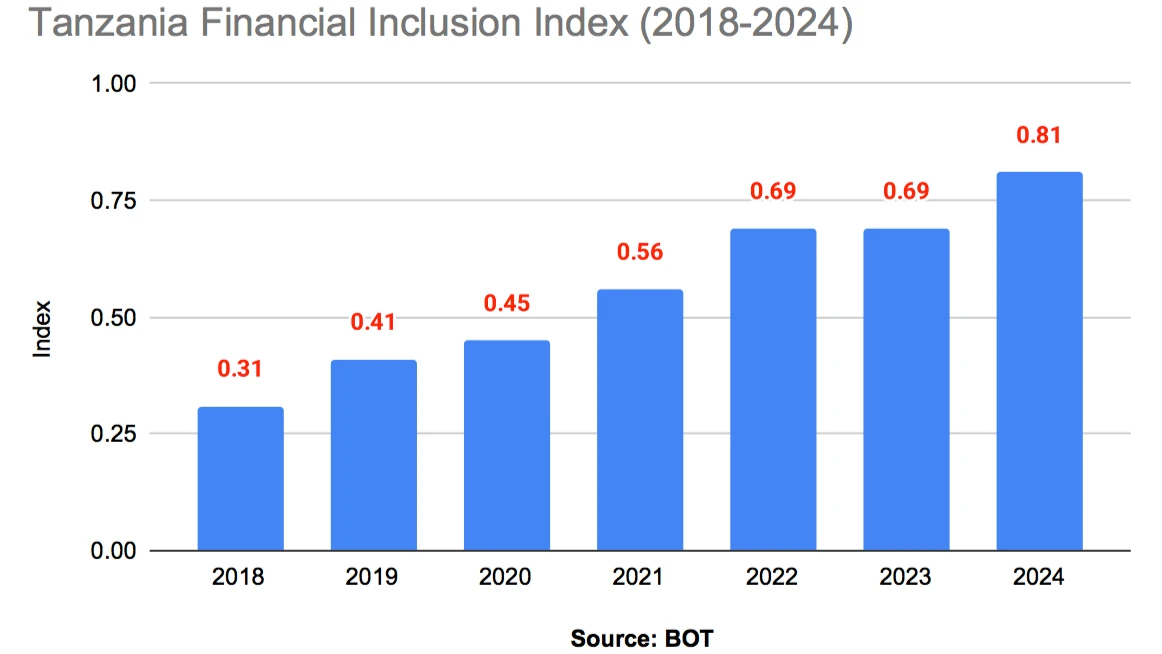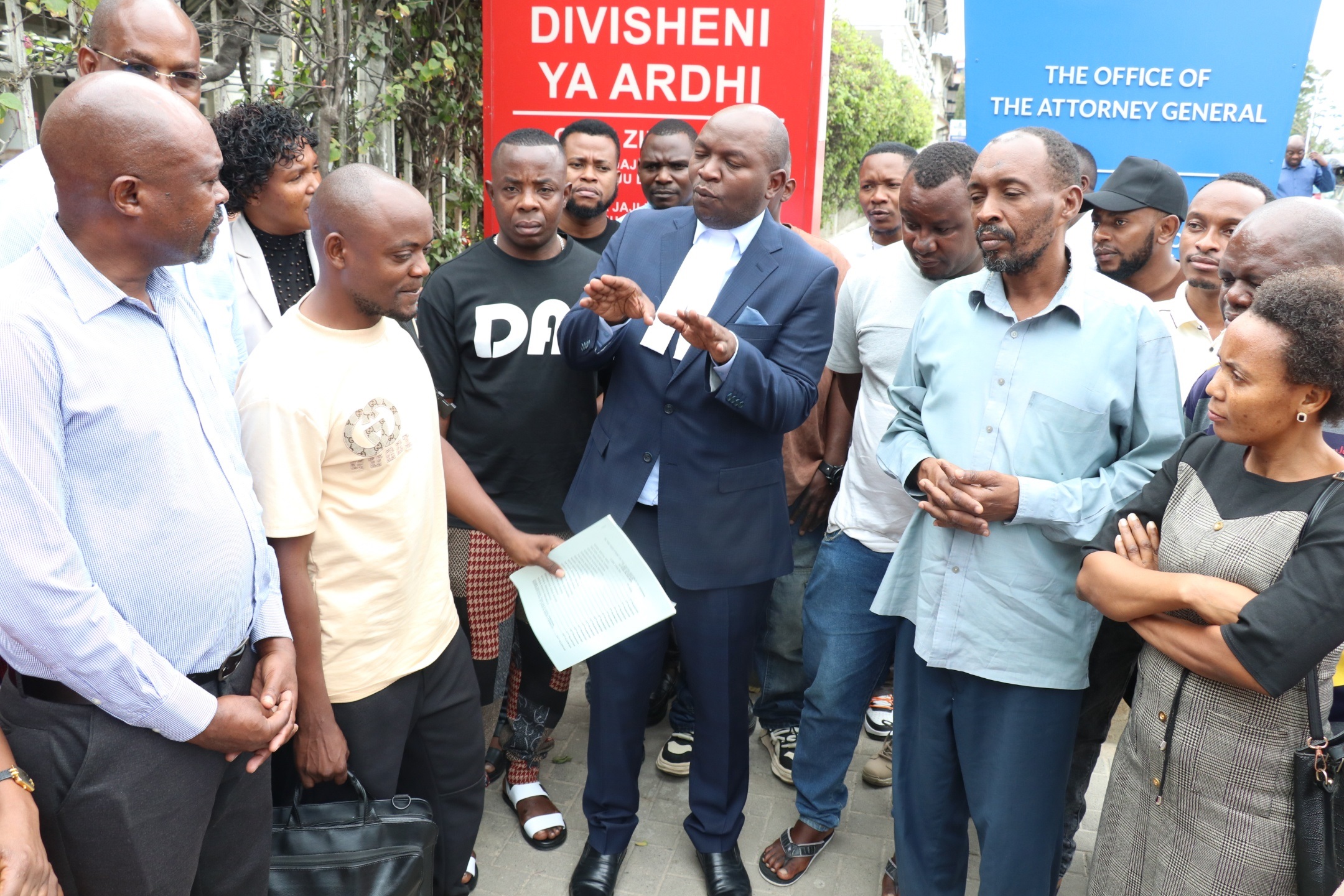Tanzania's tax tech: A winning formula for revenue growth

Taxes are a crucial source of revenue for governments. However, many developing countries struggle to collect sufficient revenues to finance essential services such as healthcare and education, and to support investments in human capital and infrastructure.
This often places a disproportionate burden on citizens, particularly the poor. The World Bank estimates that 86% of low-income countries collect less than 15 percent of GDP in taxes—the minimum level considered necessary to sustain growth and development.
The Tanzanian Government has taken fundamental steps to enhance the efficiency of its tax system by leveraging technology to improve operational performance, boost compliance, and support revenue collection. This has been achieved particularly through the adoption of Electronic Fiscal Devices (EFDs) and the Electronic Tax Stamp System (ETS). EFDs track sales transactions, ensuring proper reporting and business compliance, while the ETS monitors excisable goods such as tobacco, alcohol, spirits, beer, soft drinks, and water—curbing tax evasion by non-compliant manufacturers.
ETS serves as a tool for tax compliance, with each stamp signifying that a producer or importer is fulfilling their excise duty obligations. Its application is mandated under the Electronic Tax Stamps Regulations (2018), requiring all manufacturers and importers to register and utilize the system.
Since its implementation, ETS has significantly boosted tax collection, leading to an 81.6 percent increase and raising an additional 2,608bn/- compared to pre-2019 figures. In the fiscal year 2023/2024, tax revenue from ETS-marked products reached 1.407bn/-, of which 1.007bn/- was derived from excise duty alone—a rise of 18.1 percent over the previous year.
In the first quarter of the 2024/2025 fiscal year, the Tanzania Revenue Authority (TRA) collected TZS 7.53trn/-—101.32 percent of the 7.43trn/- target—representing a 13.47 percent increase from 6.63trn/- collected during the same period in 2023/24. Over the nine months from July to March 2024/25, TRA amassed 24.05trn/-, exceeding the target of 23.21trn/- and reflecting a 17.01 percent rise from 20.55trn/- collected during the same period the previous year.
ETS has also gained traction in neighboring East African countries. In Uganda, the Uganda Revenue Authority (URA) recorded a 30 percent increase in revenue collection by June 2023 compared to the 2018/2019 fiscal year, following ETS deployment in 2019.
The system also expanded Uganda’s tax base from 40 to 1,201 registered taxpayers. Similarly, in Kenya, the use of excise monitoring systems like EGMS (the same technology as ETS) continues to drive revenue growth, demonstrating the effectiveness of government-led digital tax reforms.
The International Monetary Fund recognizes ETS as a significant contributor to increased tax revenue in Tanzania. The system was introduced by SICPA, a Tanzania-based company contracted by TRA in January 2019 through a competitive procurement process. SICPA manages the installation and enrollment of manufacturers, producers, and importers into the ETS system at its own cost.
ETS allows producers to apply tax stamps on excisable goods, store data, authenticate products, and monitor production. Fully integrated with TRA’s Tax Management System, it provides accurate and real-time data on both domestic production and imported goods throughout the supply chain.
ETS equipment is installed in production facilities and customs-controlled zones, applying unique markers to each product. These not only transmit data to TRA in real time but also verify product authenticity across the supply chain.
This advanced system—built on a century of expertise in physical security, digital technology, and data science—is revolutionizing industry practices by offering unprecedented efficiency and transparency to manufacturers and importers.
ETS also strengthens legal enforcement, providing forensic evidence needed to prosecute fraudsters, thanks to its robust material and digital security features. It helps identify fraud “hot spots” in the supply chain and optimizes TRA’s resource allocation and enforcement strategies.
Unlike systems proposed by the tobacco industry, ETS aligns with the World Health Organization’s Framework Convention on Tobacco Control (WHO FCTC) Protocol, which mandates publicly controlled, independent tracking systems. ETS has earned international praise, notably from *The Lancet* journal in the article “Global Health 2025: The Path to Halving Premature Death by Mid-Century,” for its health benefits and effectiveness—far exceeding non-WHO-compliant alternatives.
Tanzania’s Tax Collection Struggles Prior to ETS
Before ETS, Tanzania’s tax collection relied on self-declaration by manufacturers, posing challenges in compliance and accurate reporting of production volumes. Fiscal authorities had to physically monitor manufacturing plants, and producers manually counted goods—leading to inefficiencies and underreporting.
Counterfeit products also posed risks to government revenue, manufacturers, and consumers. Since 2019, ETS enforcement has enabled consumers to verify product authenticity using TRA’s “Hakiki” app.
TRA’s tax system is now installed on multiple factory production lines across Tanzania, effectively reducing illicit trade and counterfeiting.
Impact in Tanzania and the Broader East African Region
ETS technology has had a profound impact beyond Tanzania. Its adoption by Uganda and Kenya, and the tangible improvements in revenue collection and compliance, underscore its regional effectiveness.
The system has also spurred investment and modernization, particularly in Tanzania’s beverage industry, and similar trends are emerging in Uganda—signaling regional economic growth.
Tanzania has set an ambitious goal to raise tax revenue to 14.4% of GDP by 2026. Through TRA, the Government actively promotes tax compliance and education, even at the secondary school level, including in Zanzibar. On 26 November 2024, speaking at the Tanzania Chamber of Commerce, the Deputy Minister of Industry and Trade urged entrepreneurs to formalize their businesses, demand and issue receipts, reject contraband, and report tax evasion.
In a meeting with the Budget Committee of the National Assembly on 3 December 2024, TRA Commissioner General Yusuf Mwenda credited ETS for improving revenue collection and taxpayer compliance. He also announced the recruitment of 1,000 new TRA staff and the introduction of new enforcement tools to tackle illicit trade, including alcohol smuggling.
As technology and digitalization continue to evolve, the Tanzanian Government remains committed to transforming tax administration, building an effective and sovereign tax system that fosters national growth and investment in vital public services such as education, infrastructure, and healthcare.
Top Headlines
© 2025 IPPMEDIA.COM. ALL RIGHTS RESERVED

























